Why has the political debate following Sir David Amess’s killing moved so swiftly to focus on civility in politics? It’s a reasonable question that a lot of people – including my colleague Sam Leith – have been asking. The police are treating Amess’s death as a terrorist attack, and yet other MPs have been talking about the need to stop online abuse and to encourage a more open political culture. The link between people shouting at their MPs about how they voted and the motives of Islamist terrorists is, to put it politely, somewhat unproven.
Politicians are always high-value targets for terrorists in any country, regardless of how mean or otherwise the rest of society is to them. People were much more deferential towards MPs when the IRA was busy trying – and in two cases, succeeding – to kill them. The aftermath of Ian Gow’s death, for instance, was not full of his mourning colleagues demanding that the general public be nicer to them. So why has this presumed terror attack had a different effect?
One of the reasons for this logical leap from MPs in particular is that the stabbing brought home to each of them how very vulnerable they still are. Even with the installation of security measures at their homes and in their constituency offices, MPs know that when they go to surgeries, they are an easy target for an attacker. Few of them have felt they are getting safer or the environment around them less hostile since Jo Cox was murdered.
Cox’s death was recent: a large number of people who were MPs then are still on the green benches now and the fresh pain of that death is another reason the debate has gone in the direction it has: there is a palpable sense of dismay in parliament that once again members are paying tribute to a colleague killed while doing their job. Indeed, the pain from Cox’s death is still so recent that the political world is visibly less shocked this time around. This is not a good thing: it suggests that MPs were half expecting that something might happen again.
After all, there have been foiled plots since 2016: the most high-profile one was against West Lancashire MP Rosie Cooper. Less high-profile are the regular death threats MPs receive. They’ve almost become normal, to the extent that many politicians complain that police forces don’t take them seriously. In this climate, is it any wonder that MPs have reacted to a death of one of their own by talking about the things that have made them feel unsafe too?
Perhaps, but the emotional reactions of MPs still aren’t reason to link Islamist terror to other threats against their safety, surely? The best answer to this came from the widower of Jo Cox. Brendan Cox and his late wife’s family campaigned after her death for her phrase ‘more in common’ to become a guiding principle in politics. This week he argued that the aim of terrorists from all groups was to damage our democracy. But he added that terrorists weren’t the only threat.
He wrote: ‘Polarisation, the dehumanisation of our opponents and less social contact between people with different views and backgrounds undermine democracy even more.’ There are clearly lessons to be learned about the Prevent programme and how potential terror plots against MPs might be better foiled in future. But Cox is right that democracy is also under attack from a number of different angles – it was something about which Amess himself was worried.
The problem is that it is much easier to identify what terrorism is than it is to draw the line between angry online criticism and genuine abuse and harassment. MPs themselves may not be the best judges of this, either. Yesterday in the Commons one of Amess’s friends Mark Francois ended up suggesting that the Online Harms Bill be strengthened to the point that it might help ‘all our councillors, who are sick and tired of reading on Facebook after every planning committee meeting the night before, that “it must have been a brown envelope job”.’
Francois was speaking in raw grief, so let’s hope that by the time he and other legislators come to work on the detail of a stronger Online Harms Bill, they have a rather more practical approach. There are many problems with ending online anonymity such as making it harder for whistleblowers, as well as ignoring the fact that many Facebook groups are full of people spewing bile under their own names and with links to their family and employers fully accessible. And if the conclusion from a terror attack on a member of parliament is that people can’t question the integrity of their elected representatives, then democracy will be under attack from within, too.
Got something to add? Join the discussion and comment below.
Get 10 issues for just $10
Subscribe to The Spectator Australia today for the next 10 magazine issues, plus full online access, for just $10.


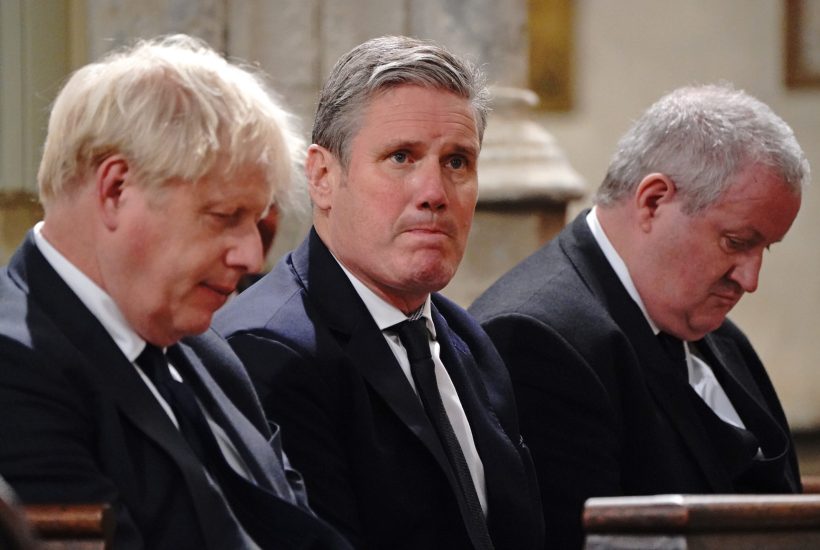
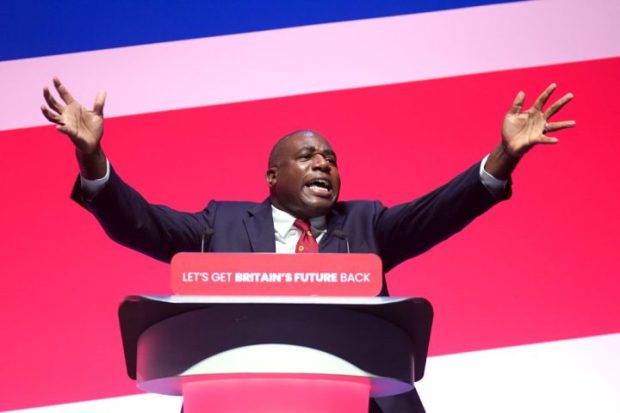
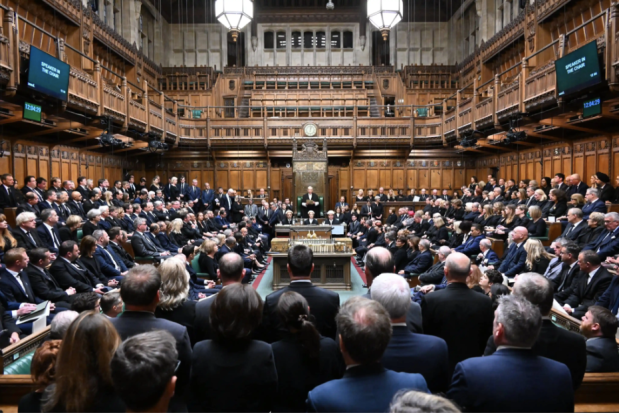

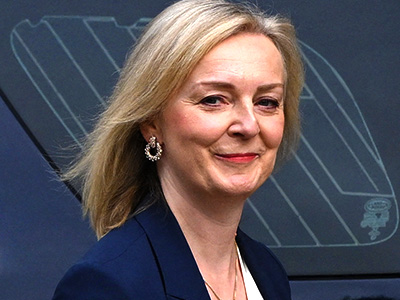
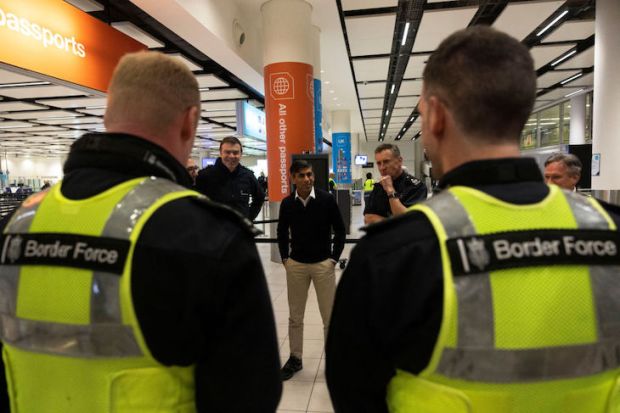
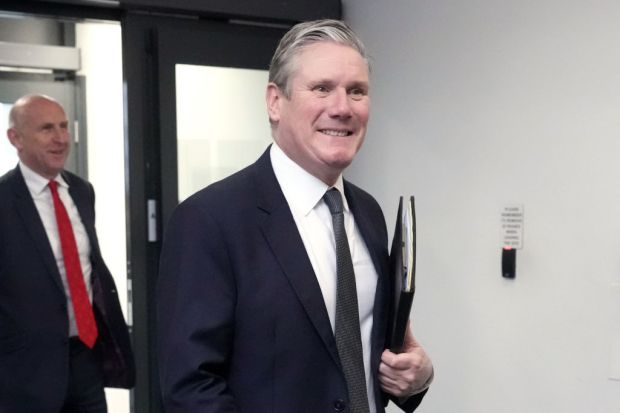












Comments
Don't miss out
Join the conversation with other Spectator Australia readers. Subscribe to leave a comment.
SUBSCRIBEAlready a subscriber? Log in